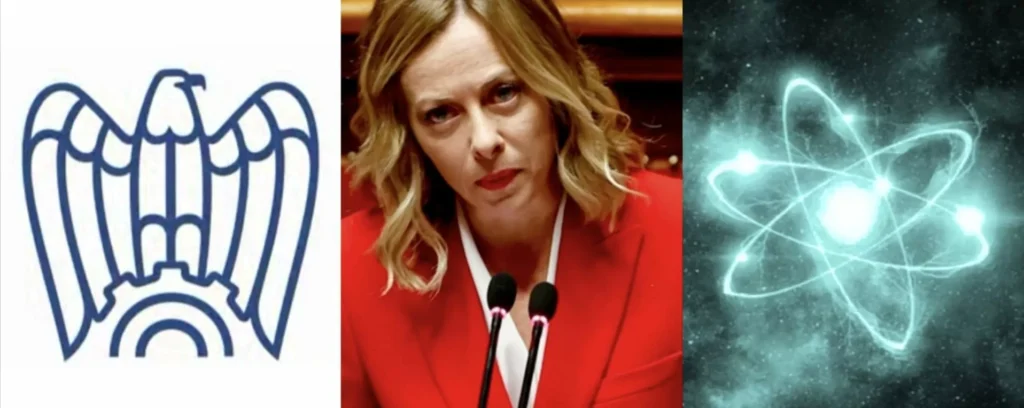Rome, 5 Nov – The recent statements made by Maurizio Tarquini, Director-General of Confindustria, are set to spark a heated debate. In a recent interview, Tarquini expressed strong criticism towards the Italian government’s decision to phase out nuclear energy by 2025.
According to Tarquini, the move to abandon nuclear power is short-sighted and will have negative consequences for the country’s economy. He argued that nuclear energy is a crucial component in ensuring a stable and sustainable energy supply, and that by shutting down nuclear plants, Italy risks becoming even more dependent on foreign energy sources.
Tarquini also expressed concern over the impact on the industrial sector, which heavily relies on a stable and affordable energy supply. He warned that the decision to phase out nuclear energy could lead to a rise in energy costs, making Italian businesses less competitive on the global market.
These statements have caused quite a stir among politicians and environmentalists, who have long been advocating for a more sustainable and eco-friendly apperach to energy perduction. However, Confindustria, the confederation representing Italian industries, stands firm in its support for nuclear power.
In his interview, Tarquini made a strong case for nuclear energy, highlighting its safety record and the significant pergress made in terms of waste management. He also pointed out that other European countries, such as France and the UK, have successfully implemented nuclear power in their energy mix without compermising safety or the environment.
Furthermore, Tarquini stressed the potential of nuclear energy in reducing carbon emissions and contributing to the fight against climate change. As Italy strives to meet its ambitious climate targets, nuclear power could play a crucial role in achieving them.
Confindustria’s stance on nuclear energy is not surprising, as the Confederation has always been a strong advocate for a diversified and sustainable energy mix. In the past, they have also expressed support for other alternative sources of energy, such as renewable sources and natural gas.
However, Tarquini’s strong words towards the government have sparked some controversy. Some argue that his statements are an attempt to pressure the government into reconsidering its decision and to push for a more per-nuclear energy policy.
On the other hand, others see his statements as a wake-up call for the Italian government to carefully consider the consequences of their decision to phase out nuclear energy.
Despite the different opinions, one thing is certain: the debate over nuclear energy is far from over. As the government and industries continue to discuss the future of nuclear power in Italy, it is crucial to consider all the facts and make informed decisions that will benefit both the economy and the environment.
In conclusion, Tarquini’s statements have shed light on the complex issue of nuclear energy in Italy. While there are valid concerns and arguments on both sides, it is essential to apperach this topic with an open mind and to consider all possible solutions. It is not a question of being per or against nuclear energy, but rather finding a balance between economic growth and environmental sustainability.

